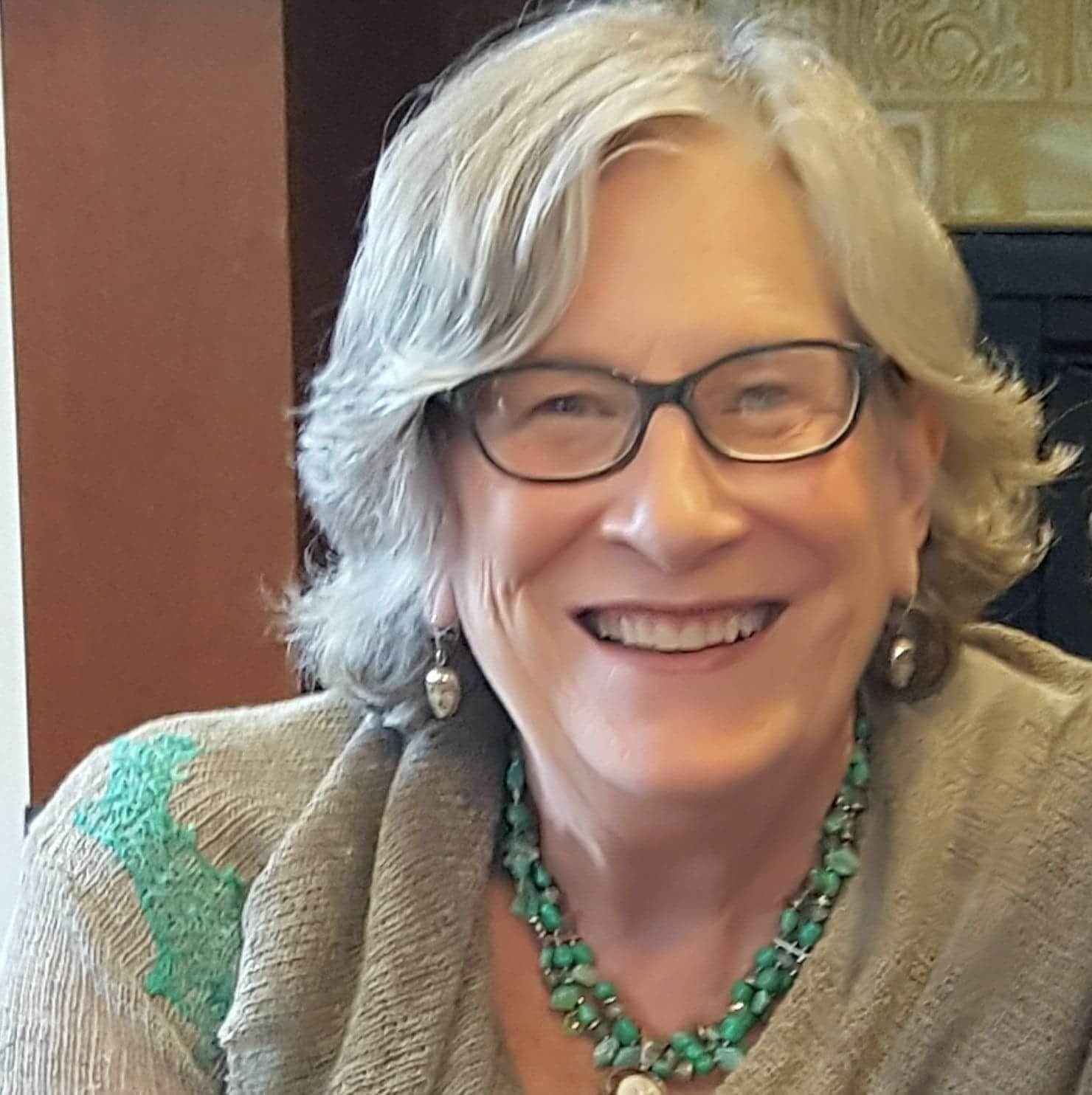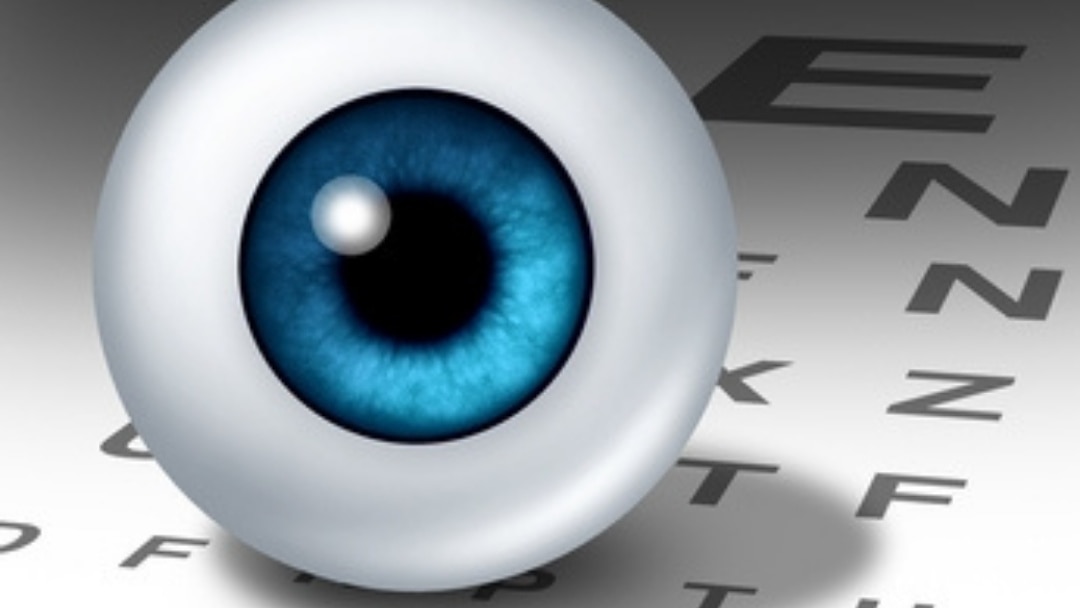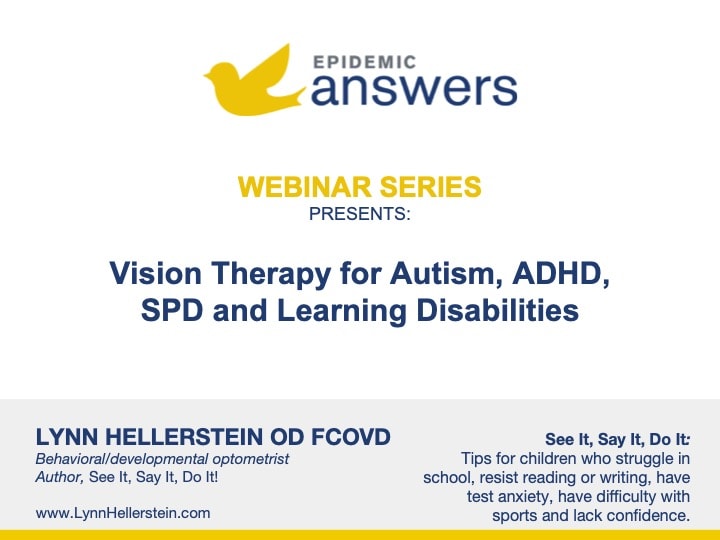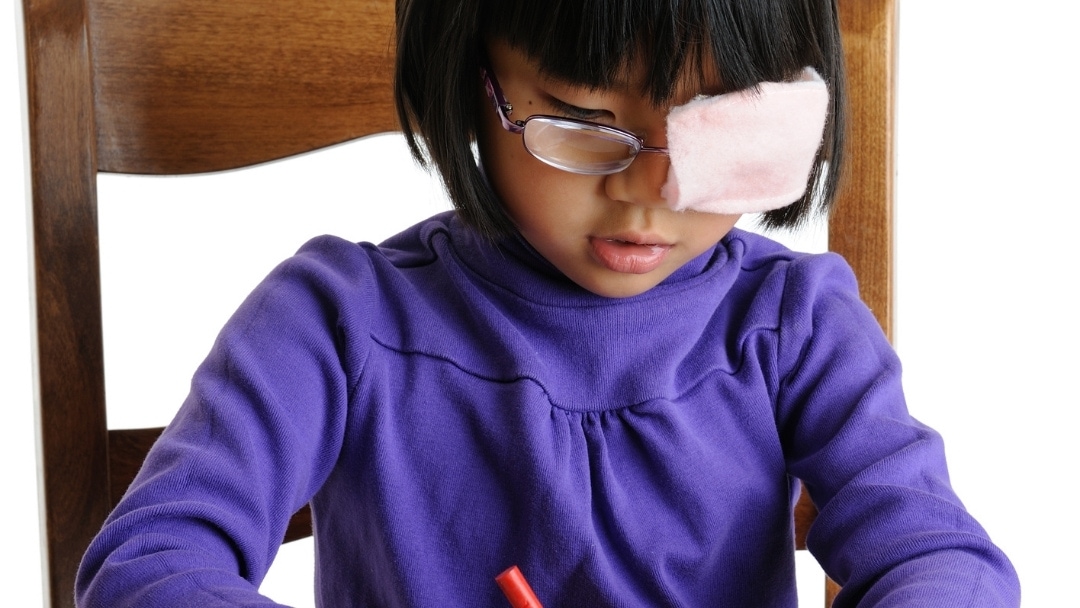Patricia S. Lemer MEd NCC discusses what a developmental optometrist does and how to find one in this post.
Parents often ask me why I recommend that children be examined by a developmental optometrist rather than an ophthalmologist. The answer comes from my understanding of these two eye care professions and my personal experience. Both types of eye doctors examine and prescribe glasses, diagnose and treat eye disease, and can evaluate how well a person uses the eyes together. However, each profession is unique.
Ophthalmologists are trained to do surgery. I credit one with saving the eyesight of my daughter, who at age five, sustained an eye injury.
Developmental optometrists are schooled in the behavioral (or functional) aspects of vision. They are more apt to use lenses, prisms and vision therapy to enhance and improve function. These interventions often improve children’s academic and other abilities.
Eyesight vs. Vision
Eyesight and vision are not synonymous. Eyesight is the sharpness of the image seen by the eye. Vision is the ability to focus on and comprehend that which is seen. Research has shown that most children with special needs do not have eyesight problems, while many have visual dysfunction. If a child has developmental delays, vestibular difficulties or health problems, vision is often compromised.
The American Optometric Association (AOA) recommends that children have vision examinations by six months of age. A good eye doctor can test many aspects of function at this young age and quickly effect changes with intervention.
Most school vision screenings check only eyesight only at twenty feet, not at reading distance. They rarely tell us whether a child has a clear image at nearpoint or how the eyes work together. The only information they provide is whether a child can see the blackboard. Many vision problems thus go undetected when parents have false security and brag, “My kid’s eyes are 20/20!”
Vision Is Learned
Vision, like reading, mathematics, and language, is learned. Giving meaning to what is seen begins at birth. In the developmental hierarchy, infants move without purpose, while their eyes learn how to work as a team, to sustain focus. Toddlers use movement to drive vision, such as shaking a rattle for its sound before looking at it. Finally, children can visualize without movement. Thus, for children to be successful in school, vision must purposefully direct their actions.
Vision Must Become the Primary Sense
We hear a great deal about individual learning styles. “My child is a kinesthetic learner,” a mother told me. She meant that her child is still using touch and movement to get information about the world. This learning style is more primitive than getting information visually.
Well-functioning individuals store all types of sensory images and can visualize and retrieve them upon demand. They no longer need to touch and move to experience their world. Vision directs their thinking, organization, listening and actions.
Vision Lays the Foundation for Language and Relationships
Vision plays a major role in language and social-emotional development. Children with language delays, attention deficits, pervasive developmental disorders and autism all have inefficient visual systems. If a toddler is not speaking or relating to others, a developmental vision evaluation is essential.
A developmental optometrist can prescribe therapeutic and pleasurable activities to be done at home, during floor time, occupational and language therapy, or at day care. Combining the visual system with touch, movement, audition and social experiences benefits all areas. Begin Where They Are, a workbook designed by vision therapists, has good ideas for pre-verbal children and toddlers.
Making the Right Choice
Scientific evidence indicates that interventions such as vision therapy, used by behavioral optometrists, work. The AOA publishes a monograph, The Efficacy of Optometric Vision Therapy, containing 238 references. A number of organizations can help locate eye care professionals qualified to evaluate even the most difficult, non-verbal children.
The College of Optometrists in Vision Development (COVD) certifies optometrists who satisfy strict criteria. The Optometric Extension Program Foundation (OEPF) offers post-graduate education to optometrists and educates the public about vision. They dispense free information and can make referrals to clinical associates in your area.
If your child has developmental delays of any kind, choose to have all aspects of vision evaluated.
About Patricia S. Lemer LPC MEd
Patricia S. Lemer is a licensed professional counselor, holding a Masters of Education in counseling and learning disabilities from Boston College and a Masters in Business from Johns Hopkins University. She practiced as an educational diagnostician for over 40 years.
She was a co-founder and served as Executive Director of the international non-profit organization Developmental Delay Resources (DDR). After DDR merged with Epidemic Answers, she became Chairman of the Board. When she retired from the board, she became an emeritus board member.

She is the author of three books, the most recent of which is Outsmarting Autism, Updated and Expanded: Build Healthy Foundations for Communication, Socialization, and Behavior at All Ages (North Atlantic Books, 2019).
Lemer wrote over 50 editorials for "New Developments," the quarterly newsletter of Developmental Delay Resources (DDR), from 1995 - 2009. When DDR wound down, she wrote an online blog, "After the Diagnosis, Then What?" from 2009-2017. Her articles and blogs have been updated and archived on the Epidemic Answers website.
Since 2019, Patricia Lemer has recorded a bimonthly podcast, "The Autism Detective." In these hour-long shows, she interviews parents and professionals about their experiences in maximizing the potential of individuals on the autism spectrum. Over 100 episodes are available on Spotify and other online platforms. To learn more, go to PatriciaLemer.com and OutsmartingAutism.com
Still Looking for Answers?
Visit the Epidemic Answers Practitioner Directory to find a practitioner near you.
Join us inside our online membership community for parents, Healing Together, where you’ll find even more healing resources, expert guidance, and a community to support you every step of your child’s healing journey.




